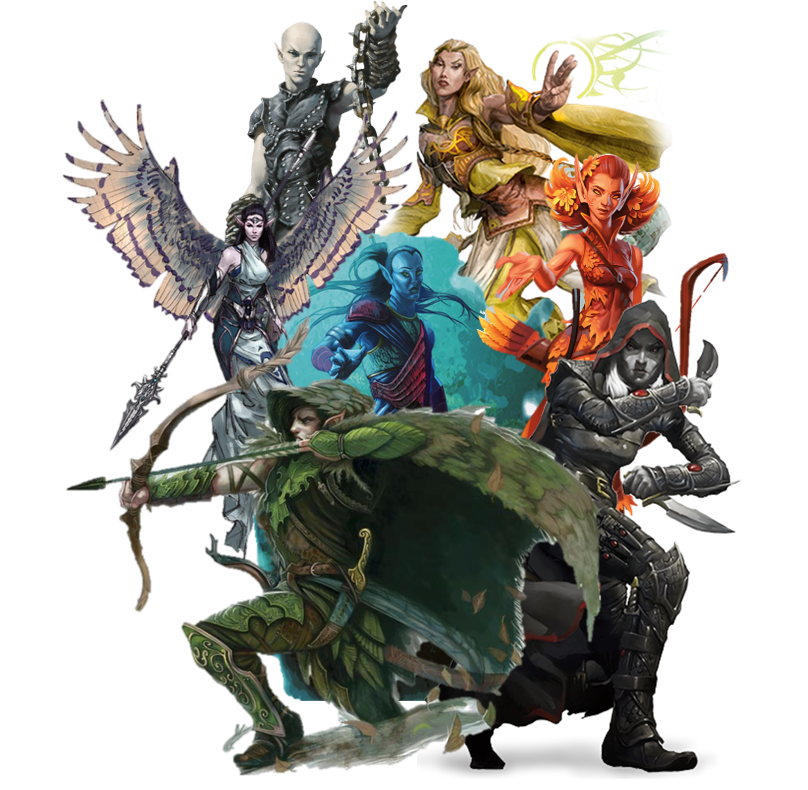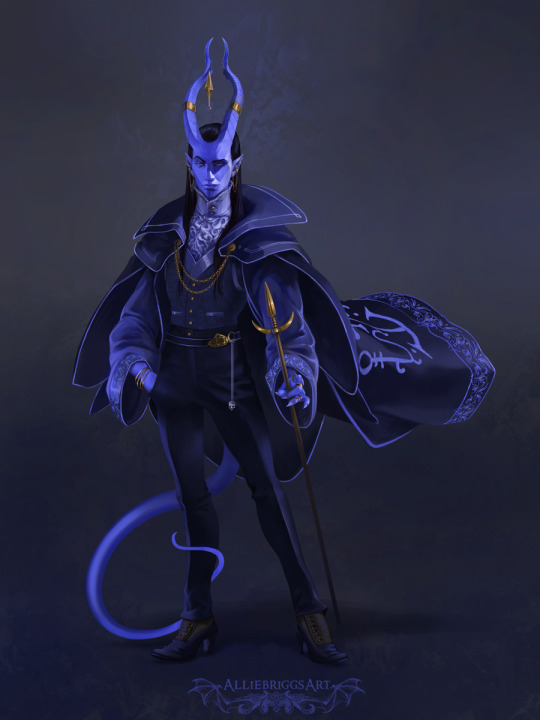Mephistopheles Tiefling Names: A Deep Dive Into The Fiery Heritage
When you're diving into the world of D&D and fantasy races, there's something undeniably cool about tieflings. These descendants of fiends carry an air of mystery, power, and rebellion. If you're looking to craft a character with a name that screams "dark elegance" or "infernal legacy," then Mephistopheles Tiefling names are where it's at. But wait, what exactly makes these names so special? Let's break it down, shall we?
Picture this: you're sitting around the table, dice in hand, and your Dungeon Master asks you to introduce your character. You could say, "Uh, my name is Bob," or you could drop a name like Mephistopheles, and BAM! Instant respect. Tiefling names aren't just random strings of letters—they're steeped in history, mythology, and that dark, smoky vibe that tieflings bring to the table.
Now, before we get too deep into the fiery pits of name-giving, let's set the stage. Tieflings are more than just their looks; they're about the legacy they carry. Their names often reflect their infernal heritage, blending the sinister with the sophisticated. So, if you're ready to craft a name that'll make your fellow players do a double-take, buckle up. We're diving headfirst into the world of Mephistopheles Tiefling names.
Read also:Is Owen Joyner Gay Unveiling The Truth Behind The Headlines
Understanding The Tiefling Legacy
Let's rewind a bit and talk about the roots of tiefling names. Tieflings, as we know, are descendants of humans and fiends—beings touched by the infernal planes. This blend of human and fiendish ancestry gives them a unique cultural identity. Their names often carry echoes of the abyssal or infernal languages, making them sound both exotic and intimidating.
Key Characteristics Of Tiefling Names
Here’s what makes tiefling names stand out:
- Infernal Tones: Words that roll off the tongue with a hiss or growl—think "Zariel" or "Asmodeus."
- Complexity: Names are often multi-syllabic, giving them a regal and otherworldly feel.
- Cultural Fusion: A mix of human and fiendish influences, creating names that feel both familiar and alien.
For example, a name like "Mephistopheles" isn't just a random pick—it's steeped in infernal lore, symbolizing cunning, power, and manipulation. It's the kind of name that says, "I’m not someone you want to mess with."
Why Mephistopheles? The Devil In The Details
Mephistopheles isn’t just any name—it’s a legend. Originating from Goethe’s Faust, Mephistopheles is the embodiment of temptation and mischief. When you name a tiefling after such a powerful figure, you’re not just giving them a label—you’re defining their character.
The Mythology Behind Mephistopheles
In literature and folklore, Mephistopheles is the devil’s right-hand man, the trickster who tempts mortals with promises of power. This name carries with it a sense of cunning intelligence, a knack for manipulation, and a dash of danger. If your tiefling is a rogue, a warlock, or even a bard, Mephistopheles fits perfectly into their narrative.
Think about it: a tiefling named Mephistopheles could be the mastermind behind a grand scheme, the one pulling the strings from the shadows. It’s a name that commands attention and respect, whether you’re dealing with noble courts or underworld syndicates.
Read also:Unveiling The Legacy Of Thomas Jakes Jr A Journey Beyond Words
Creating Your Own Mephistopheles-Inspired Tiefling Name
Now that we’ve covered the basics, let’s get into the fun part—crafting your own tiefling name. Here’s how you can create something that feels authentic and powerful:
Step 1: Choose A Root Word
Pick a word or sound that resonates with your character’s personality. For example:
- Meph-: Suggests mystery and manipulation.
- Philo-: Implies love or devotion.
- -Zar: Adds a regal, commanding tone.
Step 2: Add Infernal Flair
Once you have your root, add some infernal touches. Use sounds like "th," "ph," or "z" to give your name that dark, otherworldly vibe. For instance:
- Mephizael
- Pharzath
- Zarophel
Step 3: Test The Pronunciation
Remember, the best names are the ones that sound good when spoken aloud. Try saying your name a few times to see if it rolls off the tongue. If it feels awkward, tweak it until it feels just right.
Examples Of Mephistopheles Tiefling Names
Need some inspiration? Here’s a list of Mephistopheles-inspired tiefling names to get your creative juices flowing:
- Mephistian
- Phelzor
- Zarimph
- Mephisara
- Tharophel
- Zarimis
Each of these names carries a piece of the Mephistopheles legacy, blending power, cunning, and elegance into a single word.
Subtle Variations For Unique Flair
Not every tiefling wants to shout their infernal heritage from the rooftops. Some prefer subtlety, and that’s where variations come in. Here are a few ways to tweak Mephistopheles-inspired names for a softer touch:
Shortening The Name
Instead of using the full name, consider shortening it for a more casual feel:
- Mephi
- Phel
- Zar
Adding Human Elements
Blend human and fiendish influences to create a name that feels balanced:
- Mephaniel
- Phelicia
- Zarina
These names still carry the Mephistopheles vibe but with a touch of humanity, perfect for tieflings who want to blend in—or at least try to.
The Cultural Impact Of Tiefling Names
In the world of D&D, a name isn’t just a name—it’s a statement. Tiefling names, especially those inspired by Mephistopheles, carry a lot of weight. They can influence how NPCs interact with your character, how other players perceive you, and even how your character sees themselves.
Building A Narrative
When you choose a name, think about the story behind it. Did your character’s parents name them after a legendary devil? Or did they adopt the name themselves as a symbol of rebellion against their heritage? Names can be powerful tools for storytelling, adding depth and richness to your character’s background.
Practical Tips For Naming Your Tiefling
Here are a few practical tips to help you choose the perfect Mephistopheles tiefling name:
- Consider Your Character’s Role: Is your tiefling a scholar, a warrior, or a rogue? Let their role guide your naming process.
- Think About Pronunciation: A name that’s impossible to say might frustrate your fellow players. Keep it simple and memorable.
- Balance Power And Personality: A name should reflect both your character’s strength and their unique traits.
Conclusion: Unleash Your Inner Mephistopheles
In the end, choosing a name for your tiefling is about more than just picking a word—it’s about crafting an identity. Whether you go all-in with a full Mephistopheles-inspired name or opt for something more subtle, the name you choose will shape how your character is perceived and how they interact with the world around them.
So, what are you waiting for? Grab that dice, roll for inspiration, and let your inner Mephistopheles shine. And remember, if you found this guide helpful, drop a comment, share it with your friends, or check out some of our other articles. Until next time, happy naming!
Table Of Contents
Article Recommendations


![[OC] Aurora Prism, Mephistopheles tiefling sorcerer Tiefling sorcerer](https://i.pinimg.com/736x/51/f6/e6/51f6e64aa08d821ded418308777527b2.jpg)